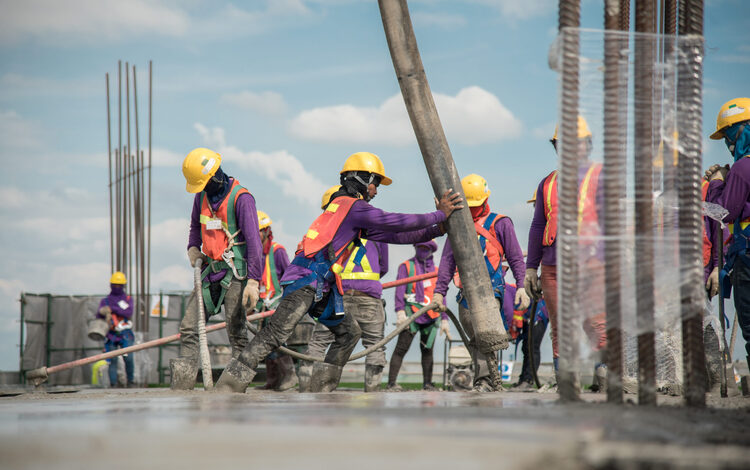The number of jobless Filipinos has once again surged in April 2024, registering a 4.0% unemployment rate, the Philippine Statistics Authority (PSA) reported on Thursday. National statistician and PSA chief Claire Dennis Mapa announced during a press conference that 2.04 million individuals aged 15 and above were unemployed in April 2024, marking a slight increase from the two million reported in March 2024.

According to the PSA, several key industries experienced significant drops in employment from April 2023 to April 2024. The most notable declines were observed in the accommodation and food service activities sector, which saw a reduction of 638,000 jobs. This was followed by the construction industry with a loss of 378,000 jobs, transportation and storage with 289,000 jobs, manufacturing with 285,000 jobs, and other service activities, which lost 200,000 jobs.
Regionally, the Bicol Region (Region 5) recorded the highest unemployment rate at 5.4%, while the Zamboanga Peninsula (Region 9) had the lowest at 2.3%.
The underemployment rate, which measures the proportion of employed individuals who wish to have additional work hours or jobs, also rose in April 2024. It increased to 14.6%, compared to 11% in March 2024 and 12.9% in April 2023. Of the 48.36 million employed individuals, 7.04 million expressed a desire for more work, up from 5.39 million in the previous month.
In April 2024, the Philippines posted a 96% employment rate, equating to 48.36 million Filipinos who have jobs. This marked a decline from the 49.15 million employed individuals reported in March 2024 but a slight increase from the 48.06 million recorded in April 2023.
The rising unemployment and underemployment rates highlight ongoing challenges in the Philippine labor market. The significant job losses in key industries such as accommodation and food services, construction, transportation, storage, and manufacturing indicate broader economic issues that may be affecting job stability and availability. The regional disparities in unemployment rates also point to uneven economic development across the country.
Addressing these issues requires comprehensive policy measures aimed at boosting job creation and ensuring that economic growth is inclusive. Efforts to support industries severely affected by job losses and programs to upskill and reskill the workforce could help mitigate the impact of rising unemployment and underemployment. Additionally, regional development initiatives could help balance the disparities in job opportunities across different areas of the country.

As the Philippine economy navigates these challenges, the government’s focus on labor market reforms and economic recovery will be crucial in fostering a more resilient and inclusive job market for all Filipinos.
